Health
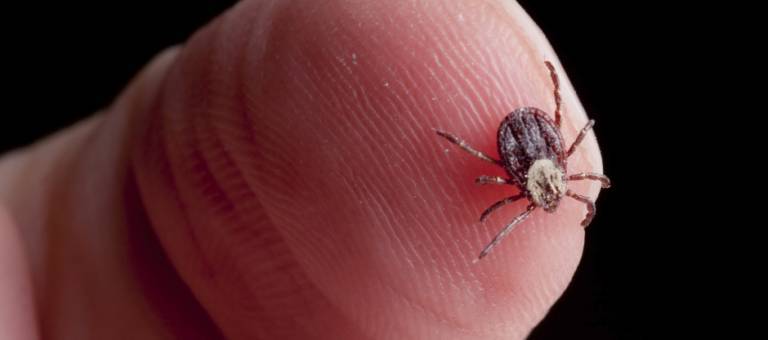
May 12, 2011
Equine Piroplasmosis
Equine piroplasmosis is caused by protozoal parasites that infect a horse's blood. Natural transmission is by ticks, but the
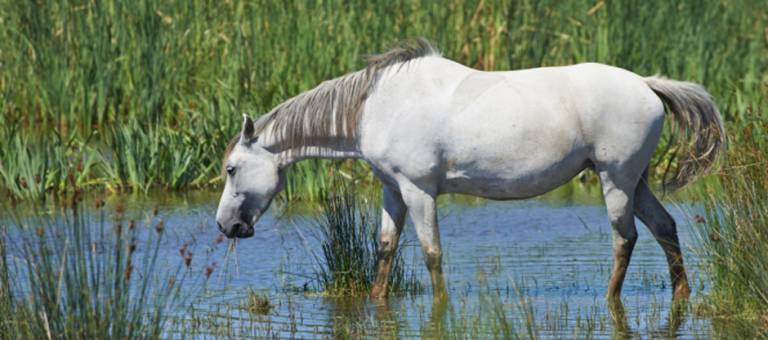
May 10, 2011
Pythiosis Skin Infections in Horses
Pythiosis—also known by the appealing monikers of swamp cancer, leeches, or kunkers—is caused by Pythium insidiosum, a one-celled organism that

May 09, 2011
Tying-Up in Standardbred Horses
Affected Standardbreds in this study also had faster lap times and a higher winning percentage than their unaffected peers.
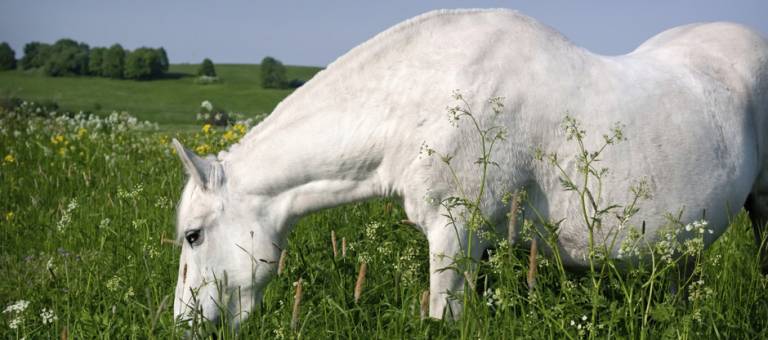
May 05, 2011
Genetics of Swayback Investigated in Saddlebred Horses
Research at the has uncovered a genetic marker on chromosome 20 that is significantly associated with swayback.
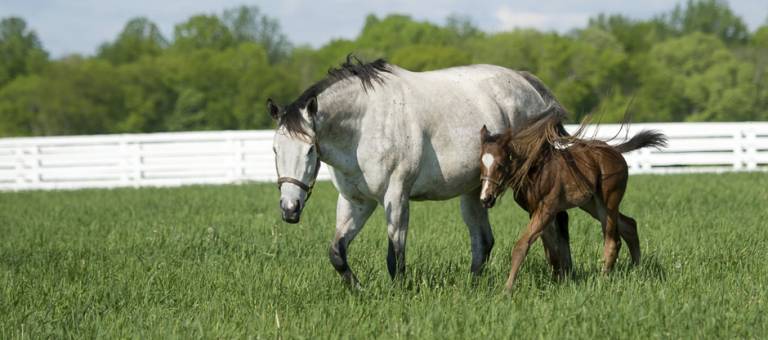
May 05, 2011
Cutting-Edge Reproductive Techniques for Horses
Techniques continue to be developed to aid equine reproduction.
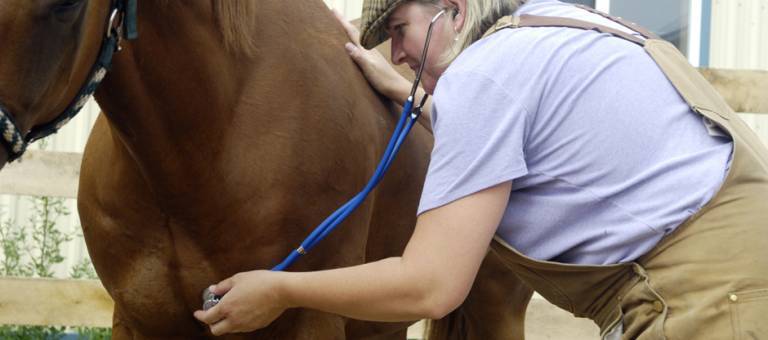
May 03, 2011
Chronic Respiratory Disease and Electroacupuncture in Horses
Studies conducted at Florida State University indicated that this technique has anti-inflammatory effects in horses and therefore might be
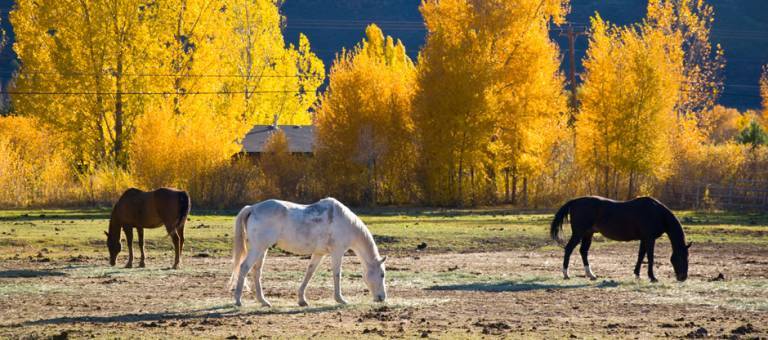
May 02, 2011
Equine Pasture Planning
So, what's to plan about a pasture? You fence in some land and add water and horses, right? That
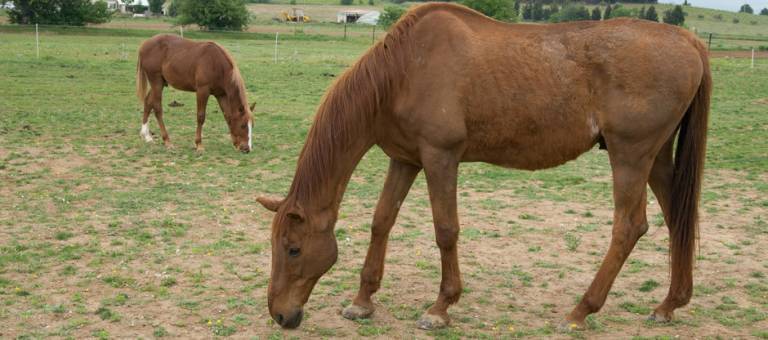
April 29, 2011
Monitoring Equine Parasites Via Fecal Egg Per Gram Counts
Fecal egg per gram counts are valuable to actually determine the number of worm eggs in a horse's manure.
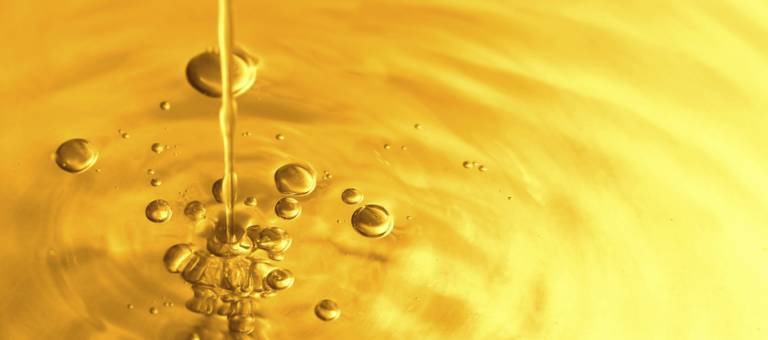
April 28, 2011
No Gall Bladder for Horses? No Problem!
Despite the absence of a gall bladder, horses have no problems digesting a moderate amount of fat.
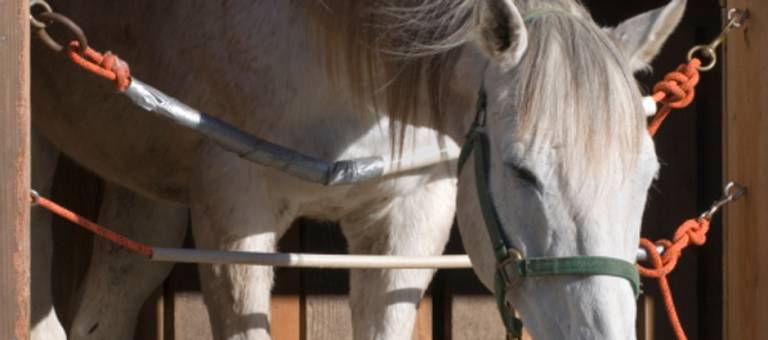
April 27, 2011
Anemia in Horses
Anemia is a condition in which the blood is deficient in red cells, hemoglobin, or total volume. Signs of







